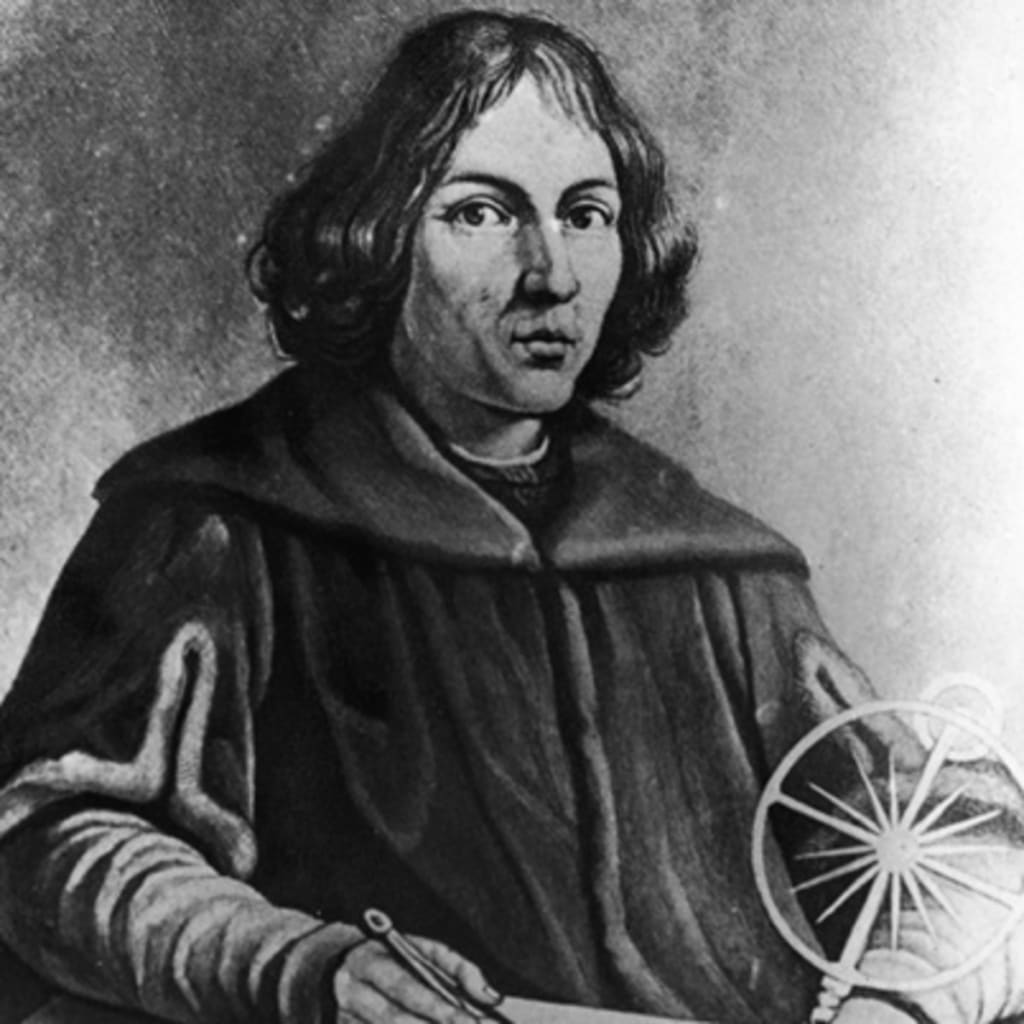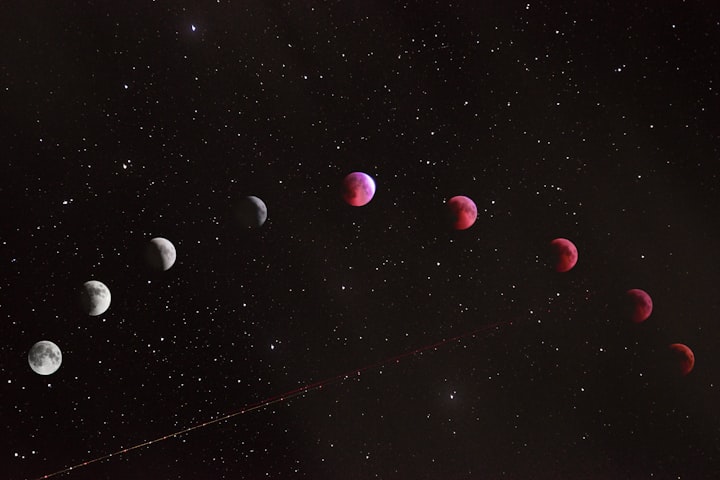Nicolaus Copernicus Life biography
Nicolaus Copernicus Life biography

Copernicus examined human sciences while learning at the College of Krakow, including cosmology and stargazing, and was shipped off to Italy to contemplate medication and law with many Clean individuals of his social class. In 1491 he went to the Cracow Institute of Jagiellonian College and in 1496 got back to Italy to contemplate law.
In 1496 he turned into a group in Frauenburg on account of his uncle's endeavors and stayed in office for the remainder of his life. Clean space expert Nicholas Copernicus didn't go to stargazing classes, however, during his early stages, he started gathering books on science, space science, and cosmology.
As indicated by his planetary history, he did likewise in Rome, where he went through the year 1500. While in Italy, Copernicus got back to Rome to learn at the College of Padua and Ferrara and got back to Poland in 1503. he went through a year living in space science at Warmia, yet was occupied with different exercises.
While examining law in Bologna he became captivated with space science and met the well-known cosmologist Domenico Maria Novara. He likewise examined stargazing, this time in school, zeroing in on law and medication. At the point when he got back to Warmia in 1506, he remained with his uncle at Heilsberg Palace, where his primary care physician and clinical secretary were available.
Not exactly a century after the fact, in 1543, the distribution of the close planetary system turned into an achievement throughout the entire existence of science that started the Copernican Unrest and added to the logical transformation. Copernicus was brought into the world on February 19, 1473, in Torun (presently Torun, Poland). He was naturally introduced to a group of shippers and, after the passing of his dad, his uncle, the cleric, encouraged him.
Brought into the world on February 19, 1473, Clean cosmologist and mathematician Nicolaus Copernicus spread the conviction that the planets spin around the sun, considering Copernican transformation. A man whom many called "the dad of logical change", he consumed his whole time on earth contemplating law, math, and medication and achieved his main goal in the Catholic Church by turning into a minister for his country. He is most popular for being the primary space expert to put the possibility of a nearby planetary group set up, an arrangement of planets and planets circling the Sun.
Like his companions who communicated his perspectives on the universe, Copernicus proposed that the focal point of the universe ought not to be the earth, yet that the sun ought to be focused. In a short galactic composition called Commentariolus, in which he clarifies the rudiments of Copernicus' Heliocentric Framework (the Sun in the middle), he records the known planets, including the Earth and the Sun, and computes their circles. He additionally sets his own model of the close planetary system and the circles of the planets.
His work started a long cycle of deciding the idea of our close planetary system and its area in a wide region despite Christian endeavors to hide Copernicus' thoughts where no one will think to look of religion. As science arrived at new world history and species, Copernicus embraced and established the framework for the turn of events and headway of stargazing and cosmology. Notwithstanding such beginning reactions, numerous researchers took on the Copernica hypothesis in the seventeenth century, and the Copernican model, alongside different changes made by different analysts, including Johannes Kepler, changed man's perspective on the earth and its job in it.
Nicolaus Copernicus (1473-1543 Promotion) was a Clean cosmologist who recommended that the Earth and different planets rotate around the Sun in a spatial framework (which can be known as a "geocentric" framework when the Earth is in the middle). Copernicus' Heliocentric hypothesis was not another idea; A few early researchers had proposed an arrangement of stargazing, yet he expressed that the new arrangement of planets according to their separation from the Sun and the Earth is pivoted one time per year and the planet turns once every day on its hub. At that point, his heliOCentric hypothesis was a disputable idea in the universe, as the distance between the planets and the Sun didn't have an immediate relationship with the size of their circles, however, started to change how the earth was seen and thought about a pioneer of logical change.
Nicolaus Copernicus was a Clean cosmologist who held the view that the sun is at the focal point of the universe and that the earth spins around its pivot and circles the sun. As a Clean stargazer, he was the creator of the heliocentric request of planets, which was the idea of development when the earth and different planets circled the Sun. He was the space expert who proposed the situation of the planets in which the planets spun around the Sun and Earth while circling their pivot, diminishing or modifying their hub to decide the equinox's latent capacity.
[corporate corporation]; brought into the world in Torun, Illustrious Prussia, Poland, February 19, 1473; passed on May 24, 1543, in Frauenburg, East Prussia (presently Frombork, Poland) - Observator - recommended that the planets spin around the sun, that the planet pivots yearly around its hub, and that those lethargic, long changes in the hub portray the antecedent of the equinox. At each chance, he made a model of the universe fixated on the sun and the earth, similarly as the antiquated Greek stargazer Aristarchus of Samos fostered a model 18 centuries sooner. Copernicus was quick to coordinate worldwide models of material science, stargazing, arithmetic, and real factors.
During this time, Copernicus started to foster his view that the Earth, similar to a planet, circles the Sun. He was mindful so as not to inform anybody regarding his perspectives, since they were viewed as sinful, an idea of a principle that subverted Christianity.





Comments
There are no comments for this story
Be the first to respond and start the conversation.